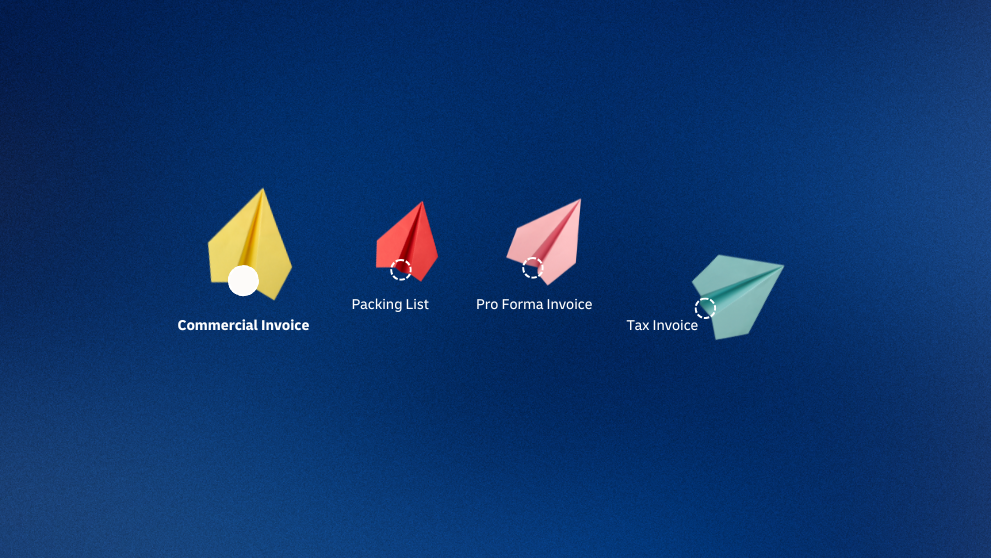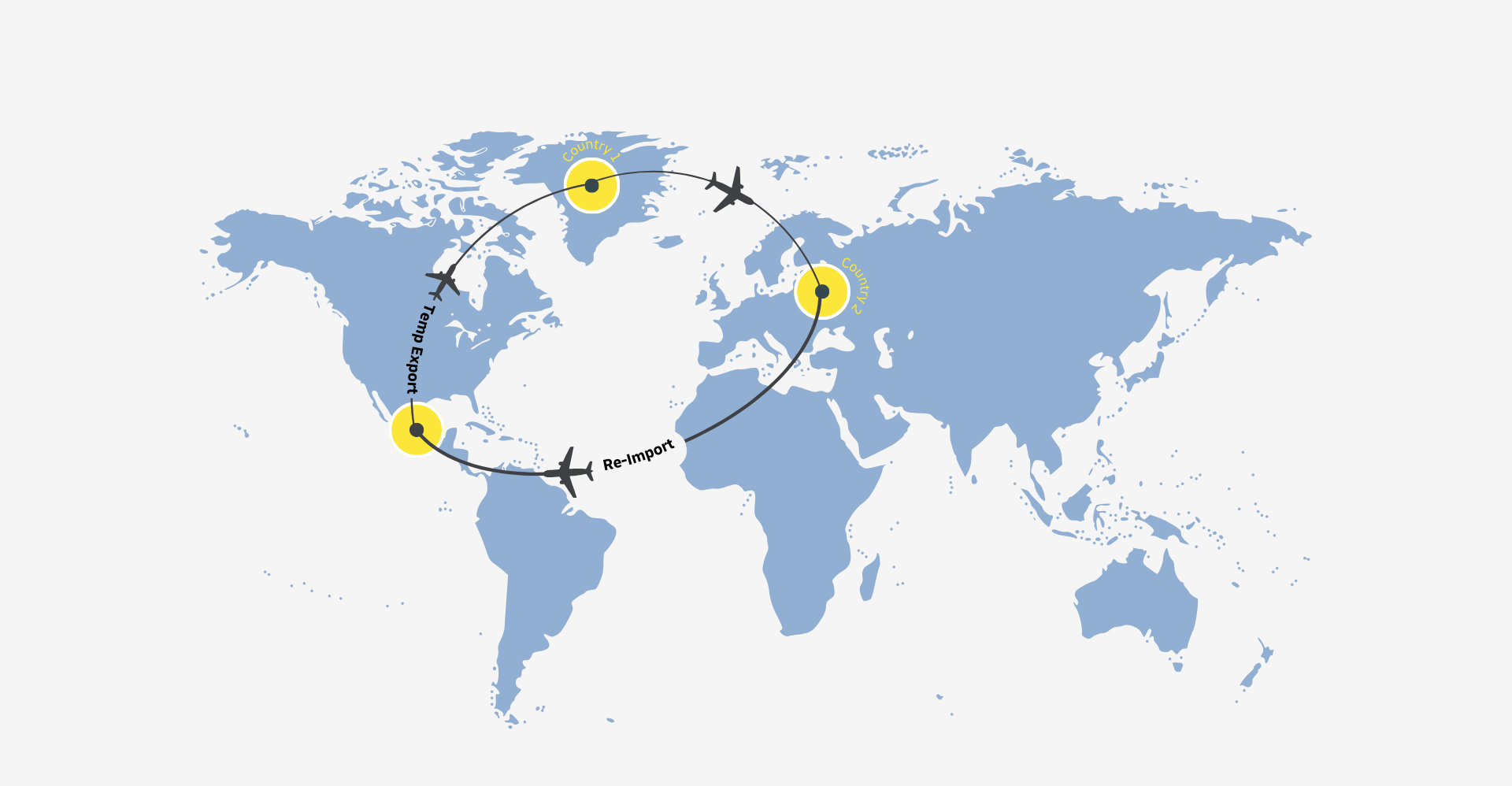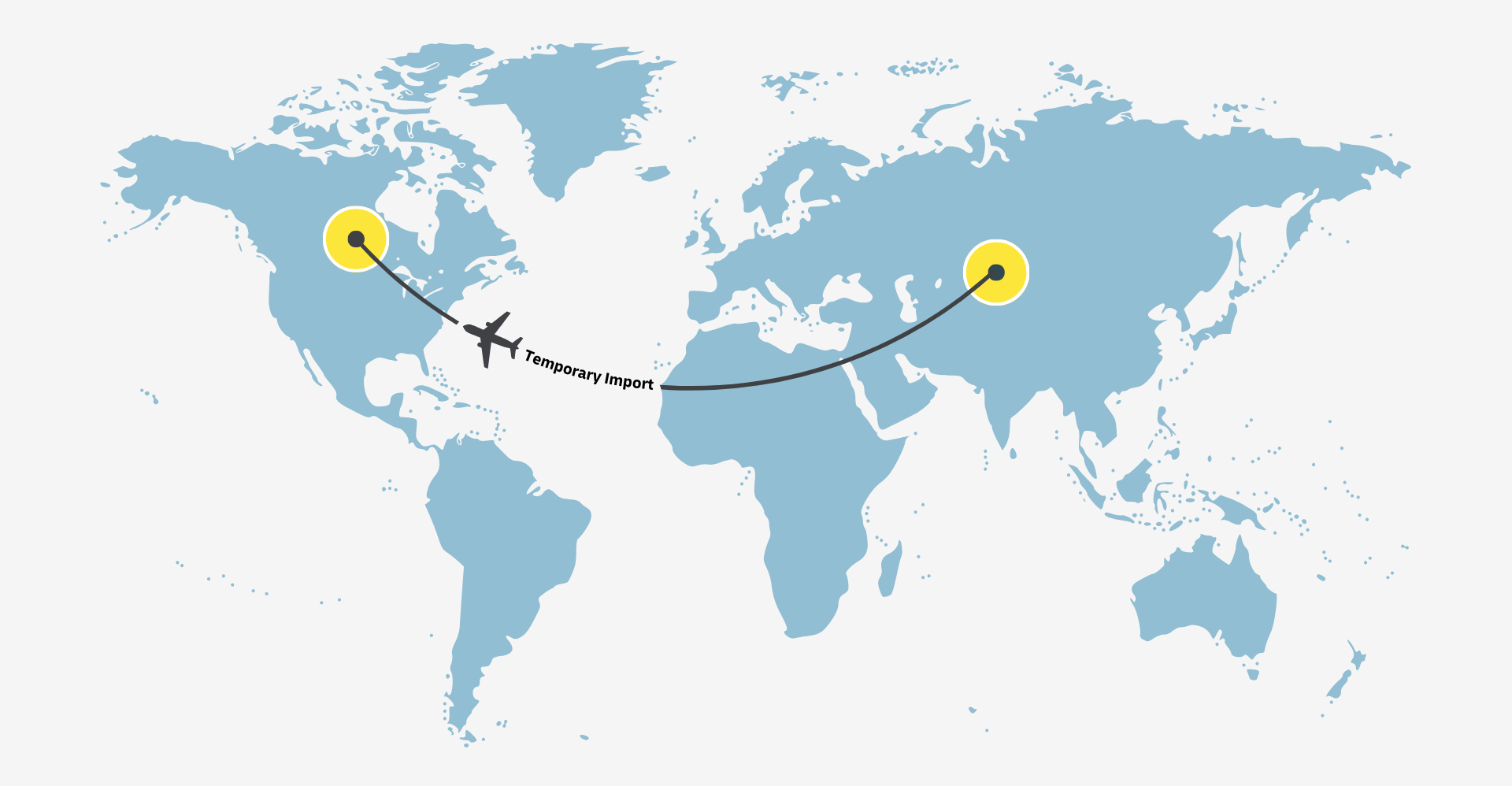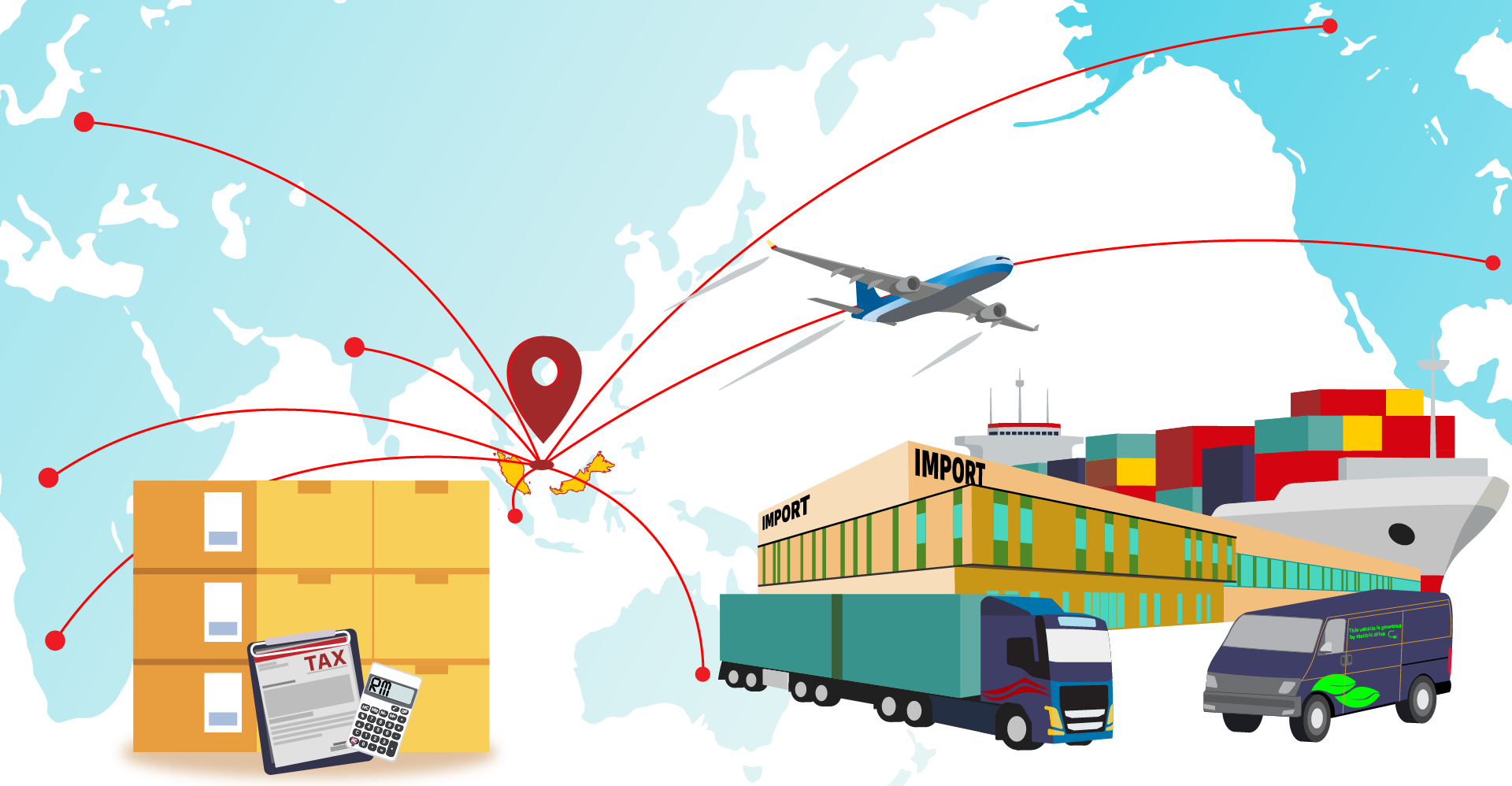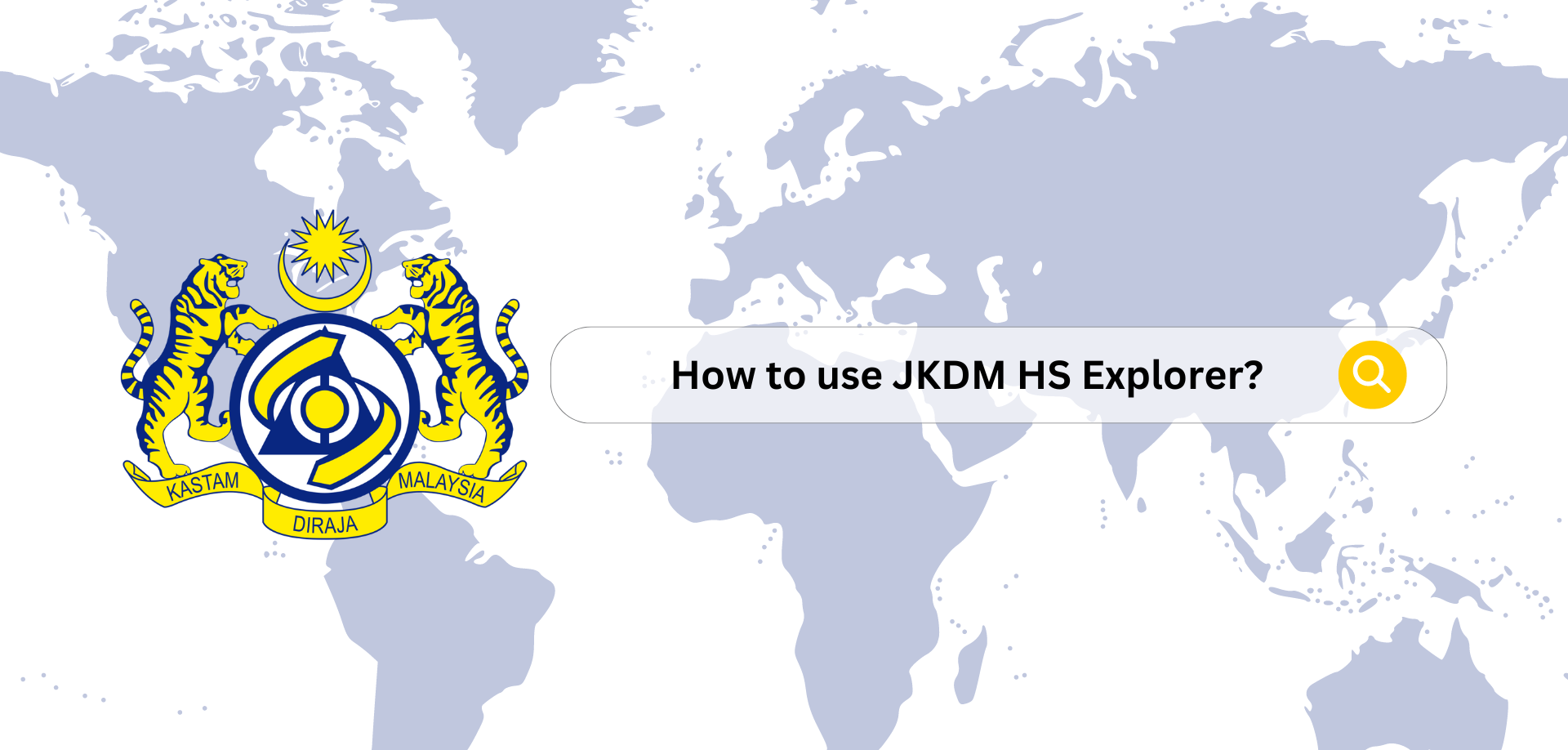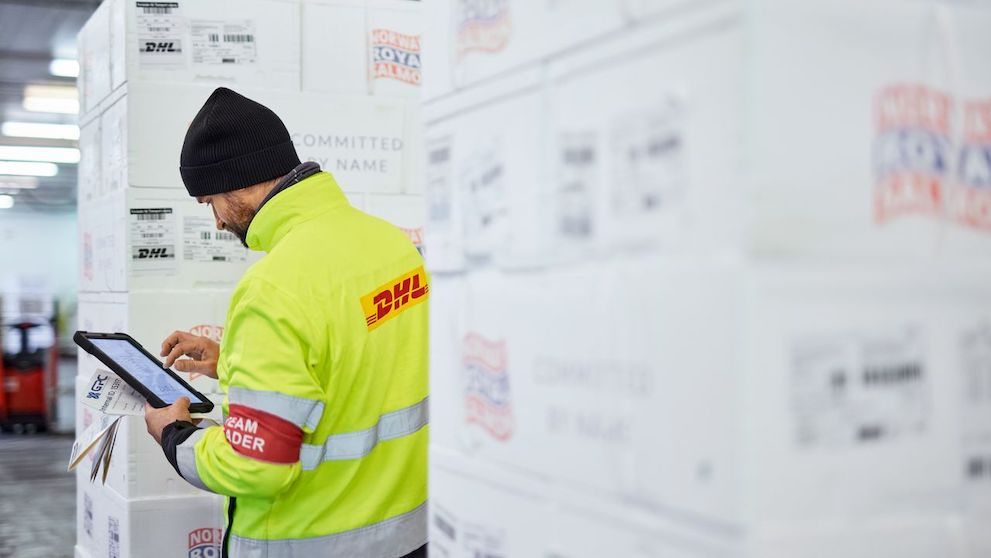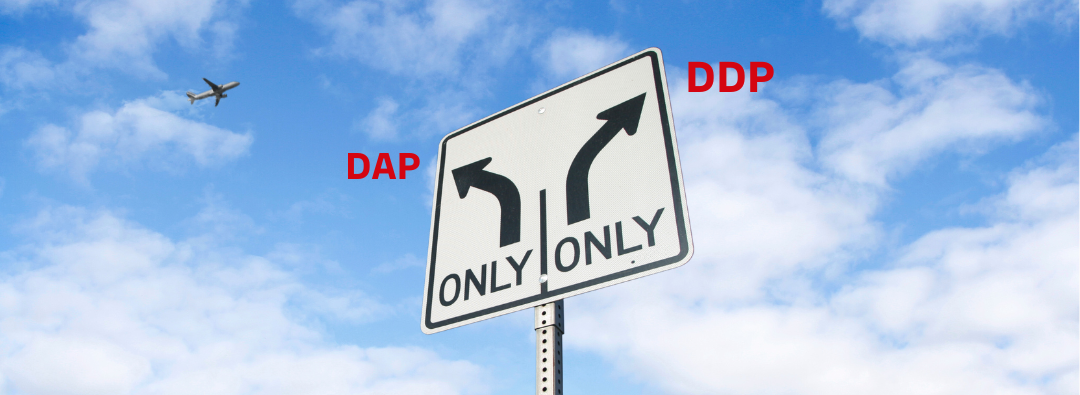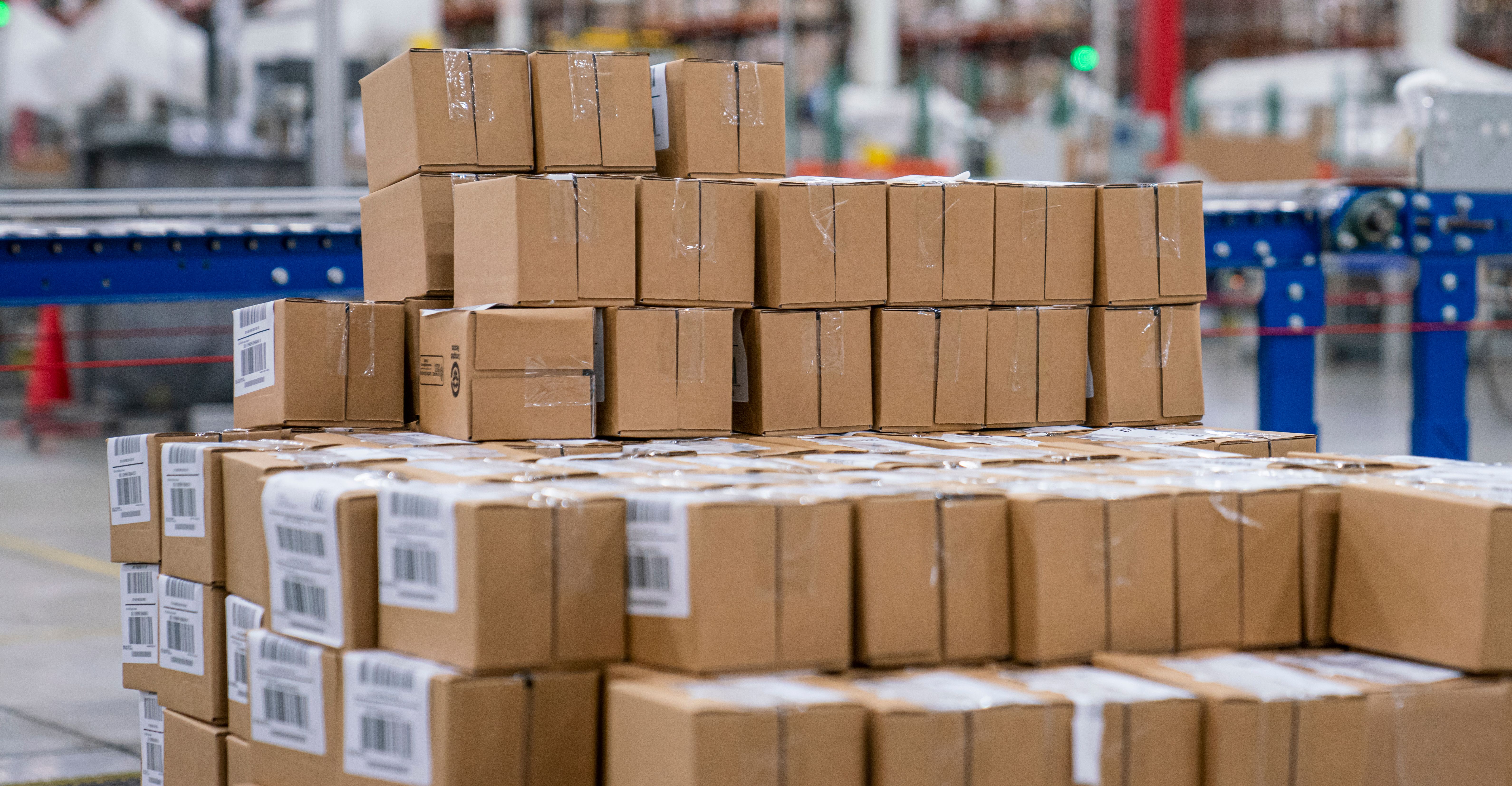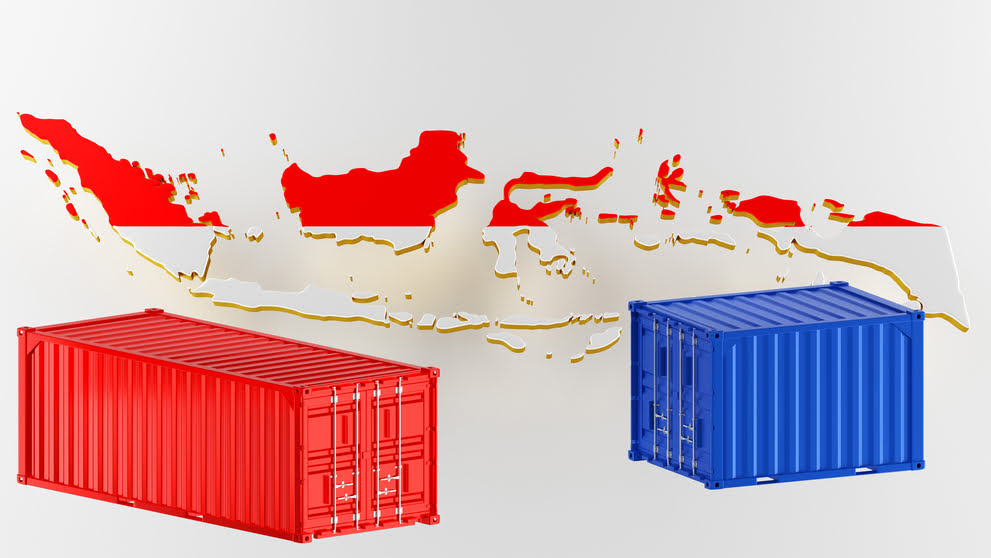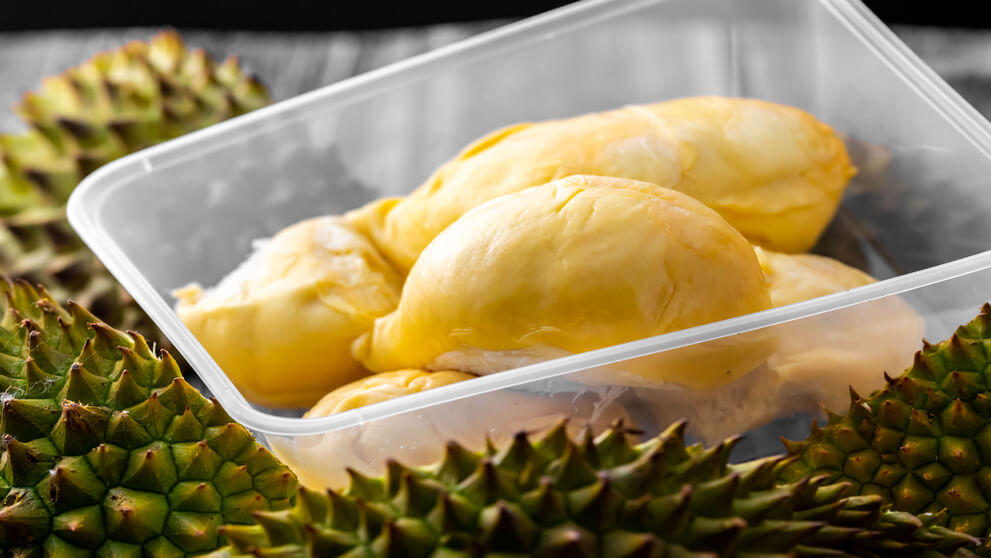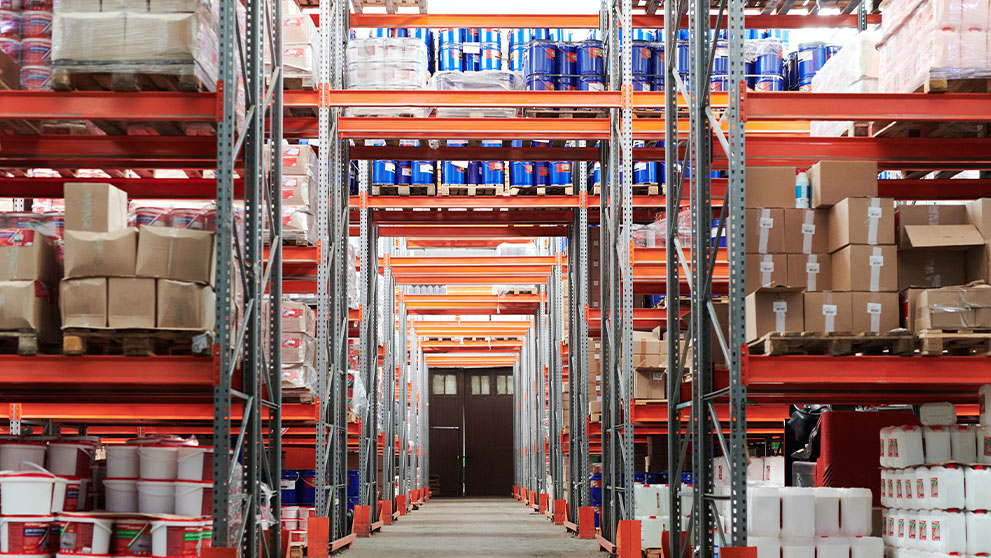Herbal medicines and supplements have long been advocated for their ability to treat or prevent illnesses since ancient times in a natural way. These traditional remedies contain active ingredients derived from plant parts, such as the roots, leaves or blossom. They restore our bodies’ natural balance to help them to heal from diseases on their own or enhance our overall well-being.
As consumers’ preference for natural products rises worldwide, herbal products have gained popularity as an alternative to conventional supplements and medicines for health maintenance. If your business is looking to capitalise on this trend, there are several essential things to keep in mind before shipping products to international consumers. To help smoothen your sales and shipping process, this article provides an overview of the various herbal medicines and supplements, their shipping options, and the global demand for these products.
Types of natural herbal supplements in Malaysia
As a country with great ethnic diversity, Malaysia boasts a wide variety of herbal products and traditional medicine from the Indian, Malay, and Chinese communities. The development of Malaysia’s herbal products industry is further supported by the country’s abundant biodiversity, where approximately 20% of angiosperma and gymnosperma plants have medicinal properties. Among the various plants used in these traditional medicines and supplements, the following are the most popular:
Ginseng
Turmeric
Black Seed
Luo Han Guo, or Monk fruit
Tulsi
Global demand for herbal medicine and supplements
Matching Malaysia’s rich supply of herbal products is a growing demand for health products. This includes conventional health supplements and herbal products, which are seen as an alternative to these supplements. Based on a study by Zion Market Research, the global market size of the herbal medicine industry was US$166 billion in 2021, with a projected compound annual growth rate of about 11.2%. Fuelling the rising consumer demand is the pandemic, increased awareness of health-related issues and the global ageing population, which are all driving individuals to become more proactive in seeking ways to keep themselves healthy. As such, companies can expect to find more opportunities in the booming herbal products industry.
Strategies for shipping herbal medicine to international customers
If you are looking to start selling herbal remedies and shipping your herbal supplements to customers worldwide, increasing the reach of your offerings in the global market is a crucial step. This can be achieved in several ways:
1. Selling products online
In the increasingly connected world, one of the quickest ways to reach consumers worldwide is to sell your herbal products online. This can be done by setting up your own business website or listing products on reputable e-commerce marketplaces to leverage the high traffic on these platforms.
2. Leverage marketing tools and platforms
If your business has an existing website, online tools can be utilised to drive more customers to your store. For companies hosted on e-commerce platforms, the resources offered by these platforms can be used to your advantage. For instance, Shopify offers website-building tools for improving the user interface. When this tool is utilised to enhance the design of your website, your customers will be encouraged to stay on your website longer and to return to your e-commerce store again. Meanwhile, other platforms such as Wix and BigCommerce provide analytics tools that can help identify which aspects of your website need to be further optimised.
Besides these tools, social media platforms can be a useful means to extend the reach of your herbal products. This can be achieved through collaborations with influencers to raise brand awareness or using live streaming tools to sell your health and herbal supplements on the channel.
3. Paying attention to regulatory requirements
While attracting prospective customers is vital, your company will also benefit from being mindful of the regulatory environment in which your herbal medicine business operates to ensure that all operations can run smoothly. In Malaysia, herbal products need to be registered under the Ministry of Health before they can be marketed, and they will be assessed based on their compliance with safety, quality, labelling, indications and claims requirements.
After consumers have placed orders for herbal products, it is common for companies to think that that is where their work ends. However, paying attention to the last-mile shipping process is equally important in ensuring a perfect experience with your company that will encourage them to make future repurchases. This is particularly essential in the context of herbal products. Being subjected to more regulations than common commodities, they are more prone to shipment delays arising from prolonged regulatory clearance when shipping documents are erroneous or incomplete. As the regulations for herbal supplements and medicines differ between countries, the shipping documents required also tend to vary, increasing the difficulties business owners face. To ensure a seamless export process, working with a competent logistics company that offers international medical shipment management services can be helpful. With professional guidance, companies can be empowered to navigate documentation complexities more efficiently and be confident that their products are delivered to customers quickly.

